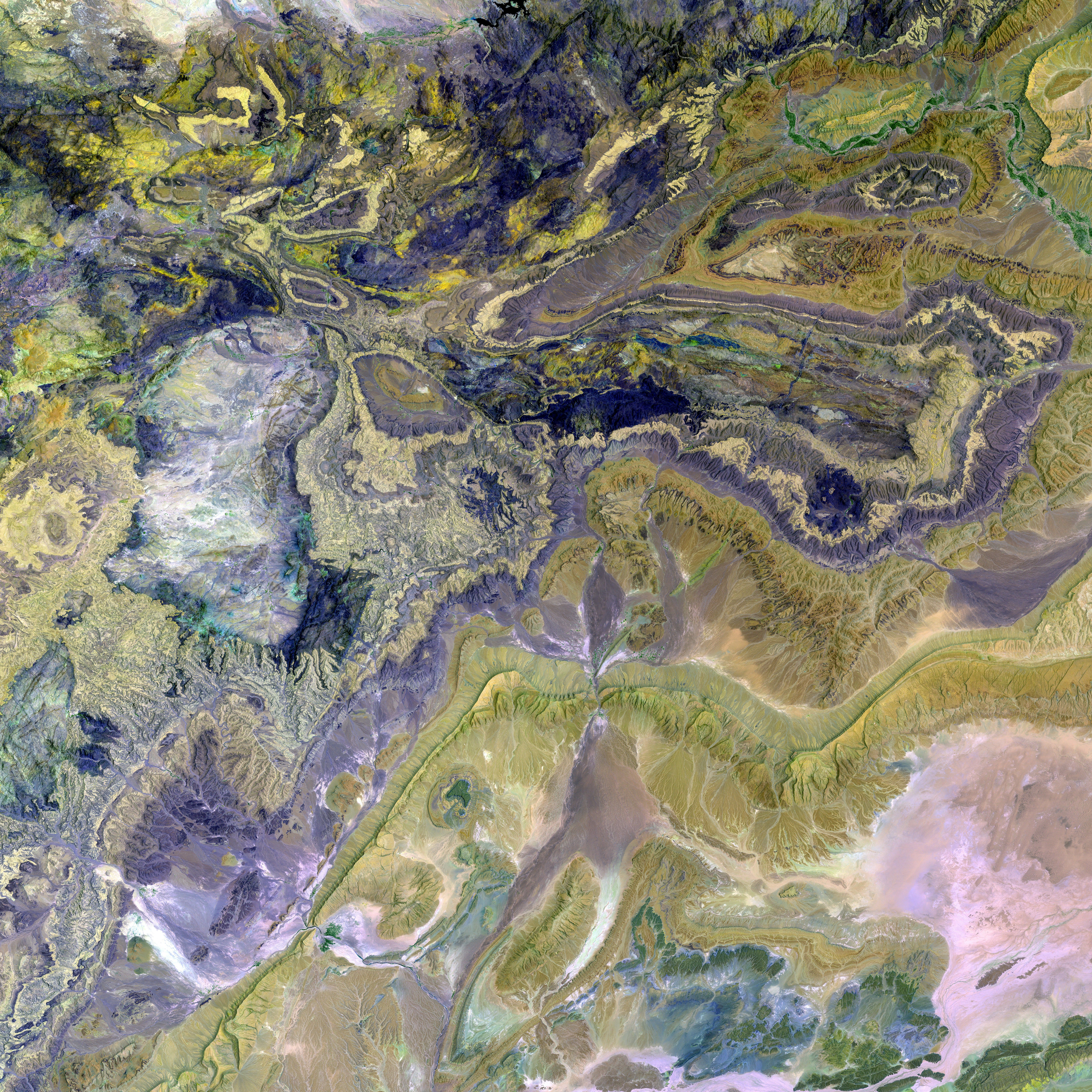Competition in Aerial Domain: Australian Pioneer spearheading Amazon's Airborne Venture
Amazon's Drone Delivery Set for Global Expansion, with Australia on the Horizon
The man behind Amazon's ambitious drone delivery program, David Carbon, a native Australian, expresses his aspiration to see the autonomous aircraft soaring across Australian skies before his retirement. However, Carbon eludes giving a concrete timeline on the matter.
As vice president and general manager of Prime Air, Amazon's drone delivery division, Carbon has led the program's transformation from a proof-of-concept to a commercial reality, with tens of thousands of autonomous deliveries completed in the United States since the introduction of the Mk30 drone model in November 2024. The Mk30 drone, capable of navigating complex urban environments and flying beyond the visual line of sight, is currently limited to two U.S. locations: West Valley Phoenix, Arizona, and College Station, Texas.
Looking forward, Carbon anticipates an expansion to at least six additional U.S. sites by the end of this year, followed by launches in Italy and England by February next year. Despite the rapid growth in the U.S. and Europe, Carbon reiterates that Prime Air was designed with a global scope in mind. He emphasizes the importance of speed everywhere, hinting at upcoming developments in Australia.
Amazon already operates seven fulfillment centers and 12 delivery stations across Australia. Despite the growing local activity in the drone delivery space, the company has yet to announce any drone delivery trials or regulatory agreements in the country.
Melbourne-based drone logistics startup Swoop Aero, which gained global attention for its humanitarian delivery missions during the COVID-19 pandemic, faced financial challenges and was placed in administration late last year. Meanwhile, logistics giant Toll entered the drone space in 2023, acquiring Air Support Queensland.
When asked about the differences between experimental flights and scaled commercial delivery, Carbon underlines the distinction between being able to deliver a package and delivering it at scale. He notes that Prime customers typically reside in cities, emphasizing the need for a drone specifically designed to tackle urban environments.
Recounting his journey from fixing washing machines in Melbourne to helming Prime Air in Seattle, Carbon reflects on his unconventional path. Retiring from Boeing in 2019, he returned to Melbourne to care for his parents before receiving a call from Amazon in 2020, tasked with turning the company's experimental drone delivery project into a fully operational service. His mandate was clear: to figure out rapid, technology-agnostic delivery within 30 minutes.
The success of the program is not only Technical but Systemic, according to Carbon. He explains the challenges of navigating regulations, integrating the drones with Amazon's logistics network, and adhering to safety standards while meeting customer expectations.
When ordering in a drone-eligible area, such as Phoenix, customers may choose the Prime Air delivery option. A screen then pops up asking for the delivery location. Once confirmed and paid for, the drone delivers the package within 30 to 52 minutes, with wind, dogs, and children posing potential challenges. The drone can fly in light rain and, eventually, in snow and ice, thanks to Amazon's close collaboration with regulatory bodies like the FAA in the U.S., EASA in Europe, and the CAA in the UK.
While Carbon remains tight-lipped about the exact retirement timeline, he expresses his eagerness to continue working on the project, demonstrating his excitement for the future of Amazon's drone delivery program in Australia.
The expansion of Amazon's drone delivery program under the leadership of Vice President David Carbon, a native Australian, is not limited to the United States and Europe. Carbon, in his interviews, has hinted at upcoming developments in the Australian market, a potential future location for Prime Air's commercial drone deliveries, given Amazon's existing presence in the country with seven fulfillment centers and 12 delivery stations.
Carbon's vision for Prime Air extends beyond the technological aspects, as he acknowledges the systemic challenges involved in navigating regulations, integrating drones with Amazon's logistics network, and ensuring safety standards while meeting customer expectations, setting the stage for a seamless fusion of finance, lifestyle, business, technology, and sports in Australia's future landscape.







